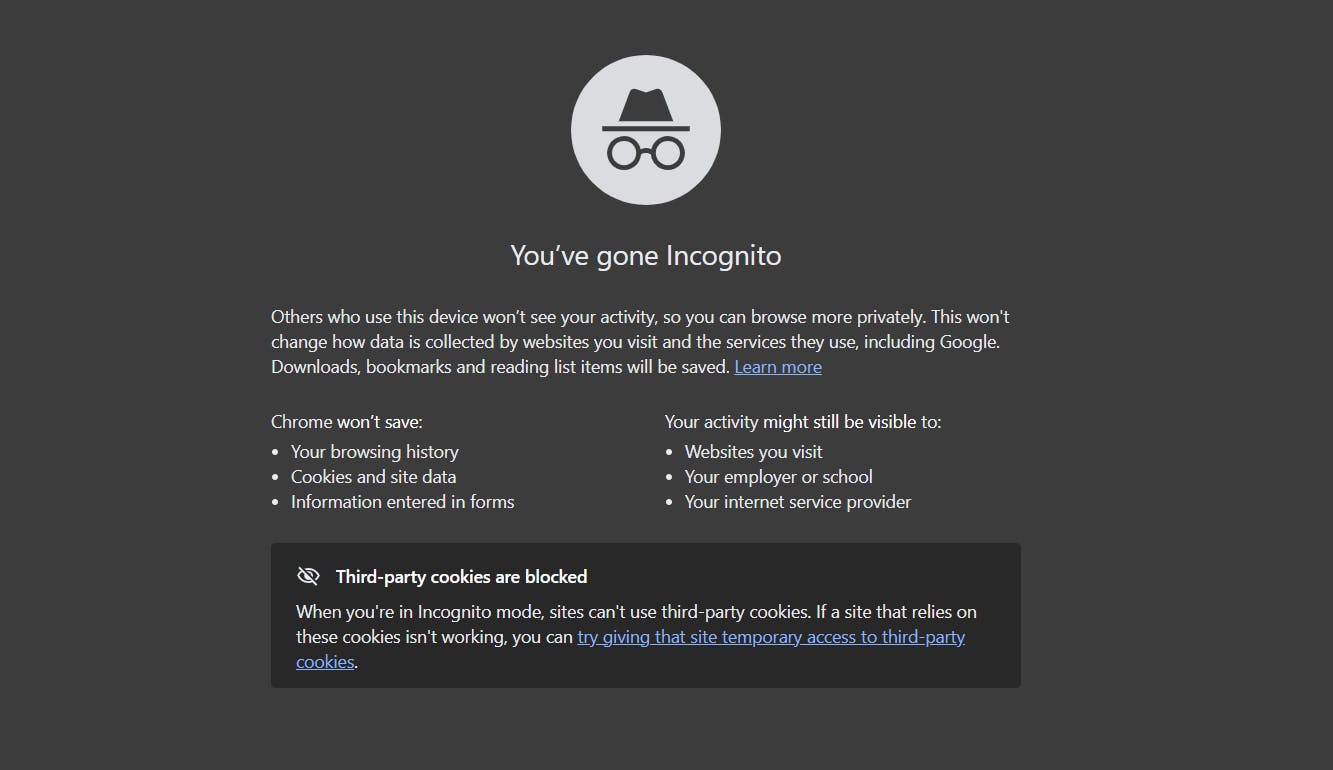The January 2025 Los Angeles fires resulted in 40,000 acres burned and caused 200,000 residents to face the threat of evacuation. Mutual aid projects led by some of our most vulnerable communities have been an integral component to relief efforts throughout the county.
“When we have natural disasters like this, the first responders to the situation are often day laborers and working class immigrant communities,” said Francesco, who prefers that his last name not be published. He works with NDLON (National Day Laborer Organizing Network) in Pasadena. “As an organization, we’ve always been connected to that and helped with disaster sites many times.”
He added that these same populations were also on the frontlines of relief efforts following Hurricane Katrina. “A lot of immigrant workers were at the forefront, cleaning things up, putting themselves in dangerous positions, really doing the work of repairing and removing harm. There’s countless examples of that.”
Mano a Mano is a food mutual aid project NDLON founded at the start of the COVID-19 pandemic, responding to the need for delivering and collecting food. The food bank has been operating continuously since then, serving as an example of a project created in a time of emergency that has proven to have a long-lasting impact.
In response to the recent fires, NDLON set up a donation center out of the Pasadena Job Center. They’ve coordinated hauling trucks to take over 3000 tons of debris to a city-appointed dump site, working in conjunction with hundreds of volunteers doing cleanup efforts, picking up fallen branches, and consolidating huge piles of logs and leaves.
“We’ve been able to serve thousands of families and have trained 174 day laborers in OSHA (Occupational Safety and Health Administration) disaster relief certifications so that they can work in the burn zone,” said Francesco.
Day laborers in Pasadena celebrate completing their OSHA disaster relief certifications (Photo: NDLON)
His central focus is empowering the day laborer immigrant community to uplift their own stories through his role leading communication and content production for Radio Jornalera, a media project sponsored by NDLON. His work includes training day laborers to use recording equipment to make short-form content favored by algorithms for platforms like Instagram Reels.
“Often in the media, the immigrant working class community is either treated with scorn, in the case of the right wing,” said Francesco. “Or on the side of more mainstream liberal outlets, it’s more like pity, like ‘look at these people, they’re suffering.’ They don’t often pass the microphone to the people in the community, but to a ‘leader’ selected to represent them.”
Centering underrepresented voices is connected very deeply to NDLON’s ethos, especially in light of unprecedented hostility and danger in the current political climate.
“In the case of immigrant rights, for a long time the narrative has been that we need to elect someone who will speak on behalf of us and then we will no longer have these problems,” Francesco explained. “But in reality, when we look at the political changes that have taken place over the past years, the things that have worked for us and benefited the community are really the things that everyday people have accomplished by working together as a collective.”
Francesco points to the phrase “solo el pueblo salva al pueblo” — which translates to “only the people save the people” — as a central component to the work NDLON does both during times of crisis and periods of relative calm.
“The way we can move forward and project the kind of changes we want to see is by organizing collective power with each other, with everyday people coming together, showing solidarity, and connecting.”
Now that the majority of cleanup efforts have concluded, NDLON is pivoting to the second phase of their fire response. Donations are still being accepted, and direct contributions to immigrants in need of fire relief can be sent here.
* * *
With LA City Council rejecting the proposal for a one-year rent freeze, tenant unions have continued to provide vital support for vulnerable residents. Leonardo Vilchis-Zarate is an organizer with Union de Vecinos, the Eastside Local Chapter of LATU (Los Angeles Tenants Union). They typically focus on supporting tenants to navigate issues with their landlords, empowering buildings and neighborhood blocks to work together to fight evictions. They create solidarity networks and build relationships by hosting social events and food distributions, based on specific needs identified by the community.

Distributing supplies directly to neighbors’ doorsteps is central to the work of local tenant unions (Photo: Union de Vecinos)
“By having these different neighborhood committees, we can respond to different crises quicker,” Vilchis-Zarate explained. “They’re in tune with what their neighbors and families need, and the relationships are organic.”
Although Boyle Heights and immediate surrounding areas were not directly impacted by the fires, residents experienced a great deal of confusion regarding where the fires were actually located, which was exacerbated by the accidental emergency warnings. Union de Vecinos has been using their network to help community members parse through what they’re hearing and avoid jumping to paranoia.
“Our community is primarily Spanish speaking, so it’s a little bit harder to know what’s actually going on,” Vilchis-Zarate said. “One of our members texted us ‘Do we have to evacuate? I see the fire, it looks huge’ — but it was just the sunset! We laughed, but it was actually very scary.”
Union de Vecinos has also focused on supporting elderly members dealing with poor air quality, using tape and wet towels to secure shaky windows and doors that don’t close all the way. They use a text messaging app to send out notifications about where they can pick up masks and other supplies. They also utilize block committees, where neighbors knock on each other’s doors to do wellness checks especially for the elderly residents who tend to be less mobile.

Boyle Heights residents receive masks and other supplies through their tenant union’s distribution efforts (Photo: Union de Vecinos)
Nico Dregni, an organizer with the South Central Tenants Union, said that their fire response “has been sporadic and a surprise. We have our regular food distributions every two weeks through Food Forward.” They’ve been supplyings masks, sanitary wipes, and other supplies in addition to their usual distribution. Dregni explained that their members have been bracing themselves for ICE Raids while working to dispel false rumors created by “alt-right fascists wearing ICE shirts despite not actually being real ICE agents” and a fake border patrol car seen in the streets labeled “booty patrol.”
“We’ve been working on helping to identify real threats versus just things people hear on the streets,” said Dregni. “A lot of the information being spread is just contributing to more fear and is not leading to a productive response.”
Rapid response networks throughout LA continue to battle misinformation as immigrant communities strive to prepare themselves for the onslaught of highly publicized harmful tactics enacted by the Trump administration. Many vulnerable groups rely on the resources provided by local organizations that are committed to providing support long after the end of a particular crisis.
As we collectively face a slew of executive orders inciting fear and threatening basic safety in a myriad of ways, it becomes increasingly clear that connecting with local mutual aid efforts is necessary for all of our survival. The premature conclusion to fire relief efforts highlights the importance of sustaining community-led projects that provide vital resources in lieu of government support.









